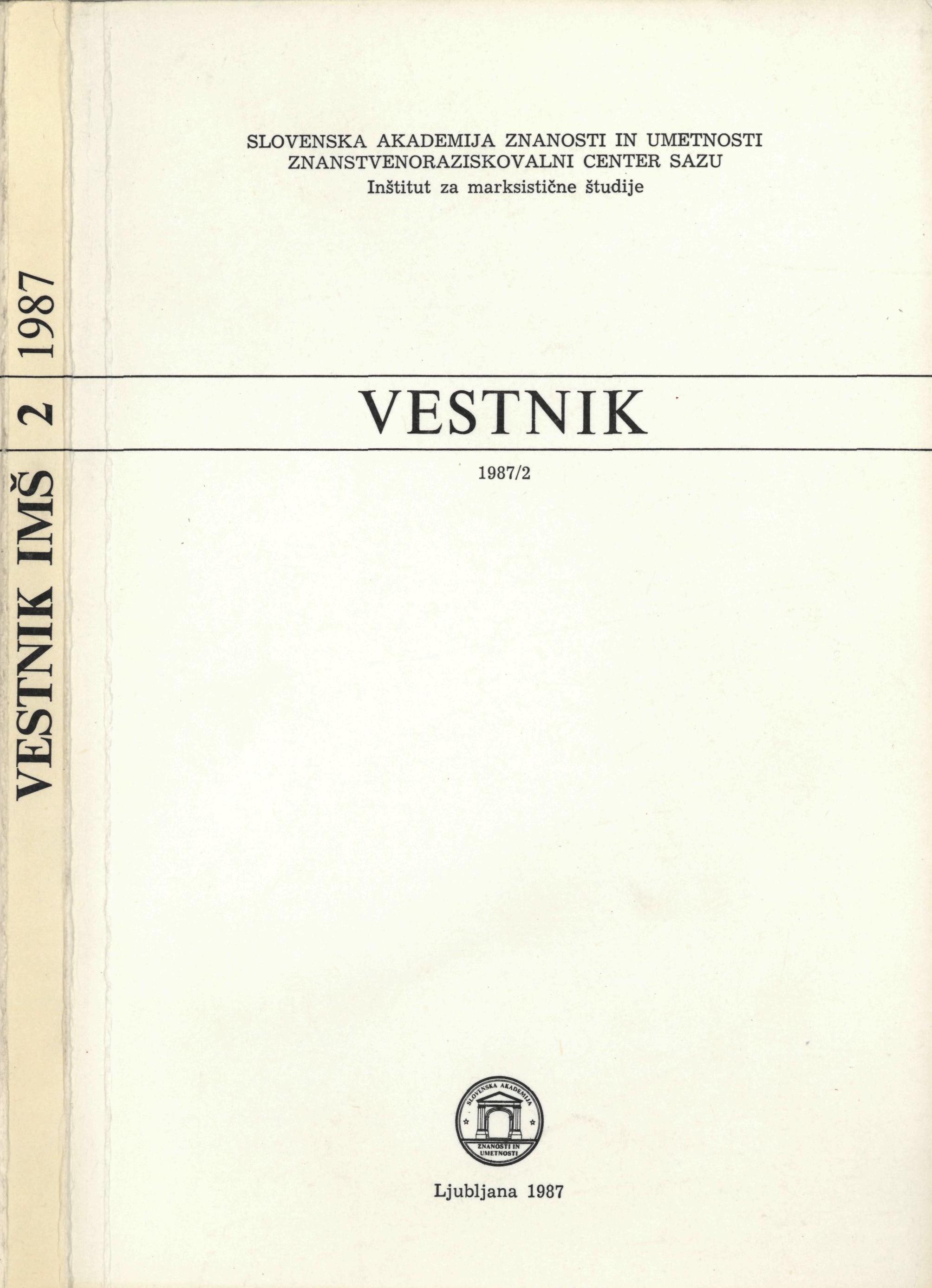DICTATORSHIP AND THE DECLINE OF PARLIAMENT
Abstract
Schmitt’s strategy for criticising parliamentarism rests initially on an attempt to historicise parliamentary discourse — to view it as the product of liberal attempts to depoliticise the modern world. On that basis Schmitt, the metaphysician, attempts to strip away the appearances surrounding parliament and, thus, to reveal and explain its essential nature. This unmasking of parliamentary phenomena is attempted by enquiring after its first principles.
Schmitt’s account of parliament rests upon simplifying conceptual abstractions, and therefore selectively, that is, one-sidedly, scrutinises and emphasises only some of the characteristic features and predicaments of parliament.
The one-sidedness of Schmitt’s interpretation is evident in several ways: first, in its striking disregard of the pre-liberal history of parliament; in its failure, secondly, to spot the wide gulf between the liberal principles of openness and discussion and the actual functioning of nineteenth century parliaments; and, finally, in its blind dismissal of the possibilities of democratically reforming parliament, of strengthening its power in opposition to the »total state«.
Downloads
Downloads
Published
How to Cite
Issue
Section
License
Authors guarantee that the work is their own original creation and does not infringe any statutory or common-law copyright or any proprietary right of any third party. In case of claims by third parties, authors commit their self to defend the interests of the publisher, and shall cover any potential costs.
More in: Submission chapter





